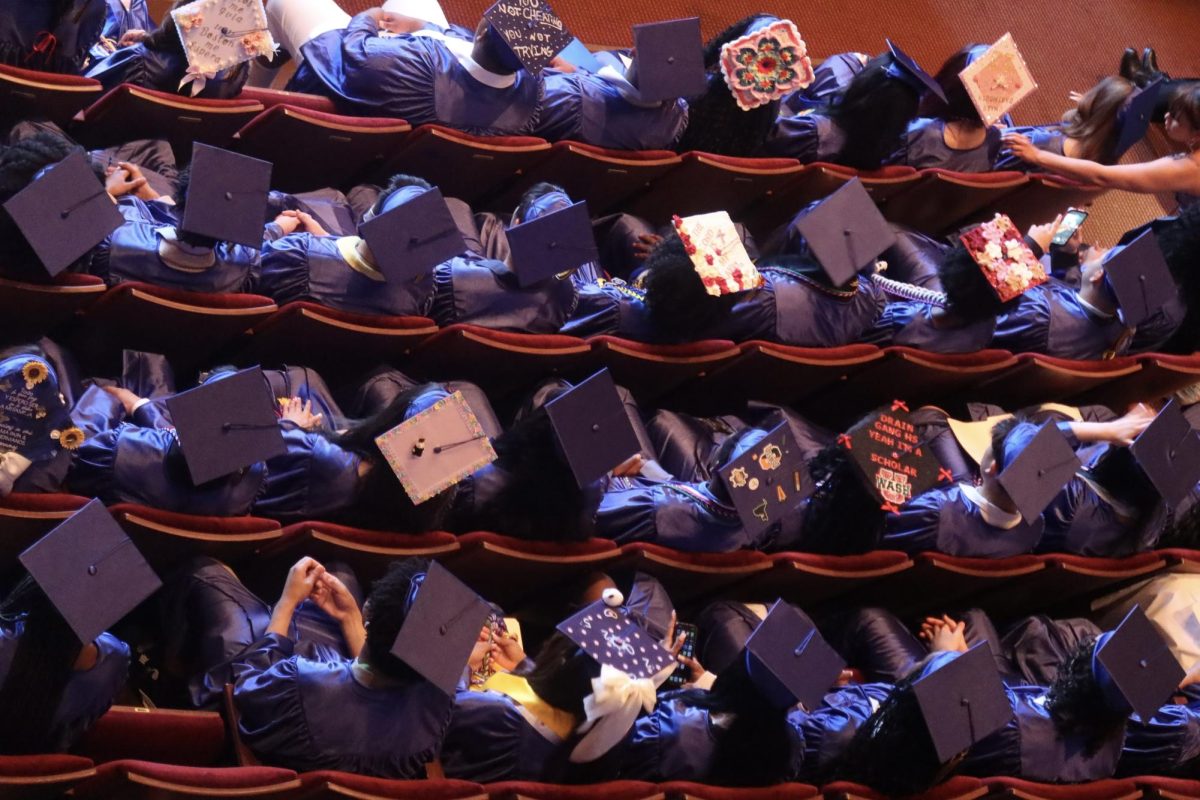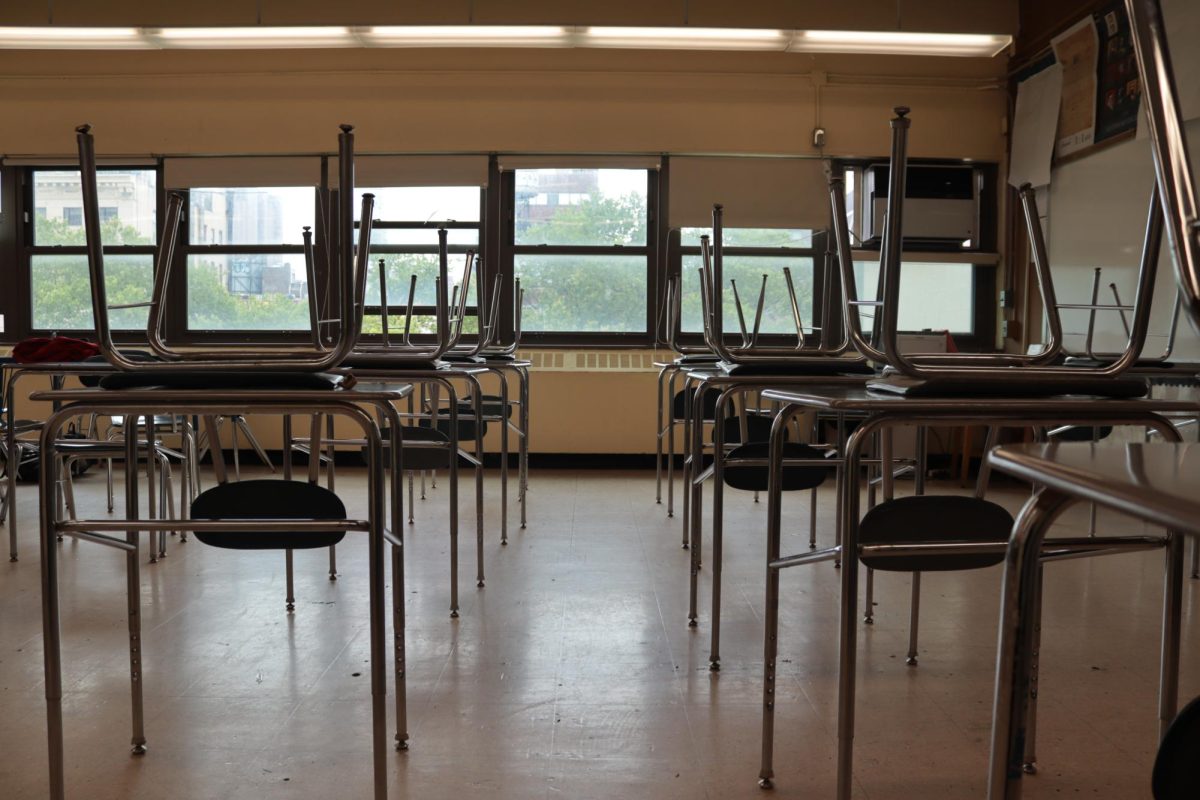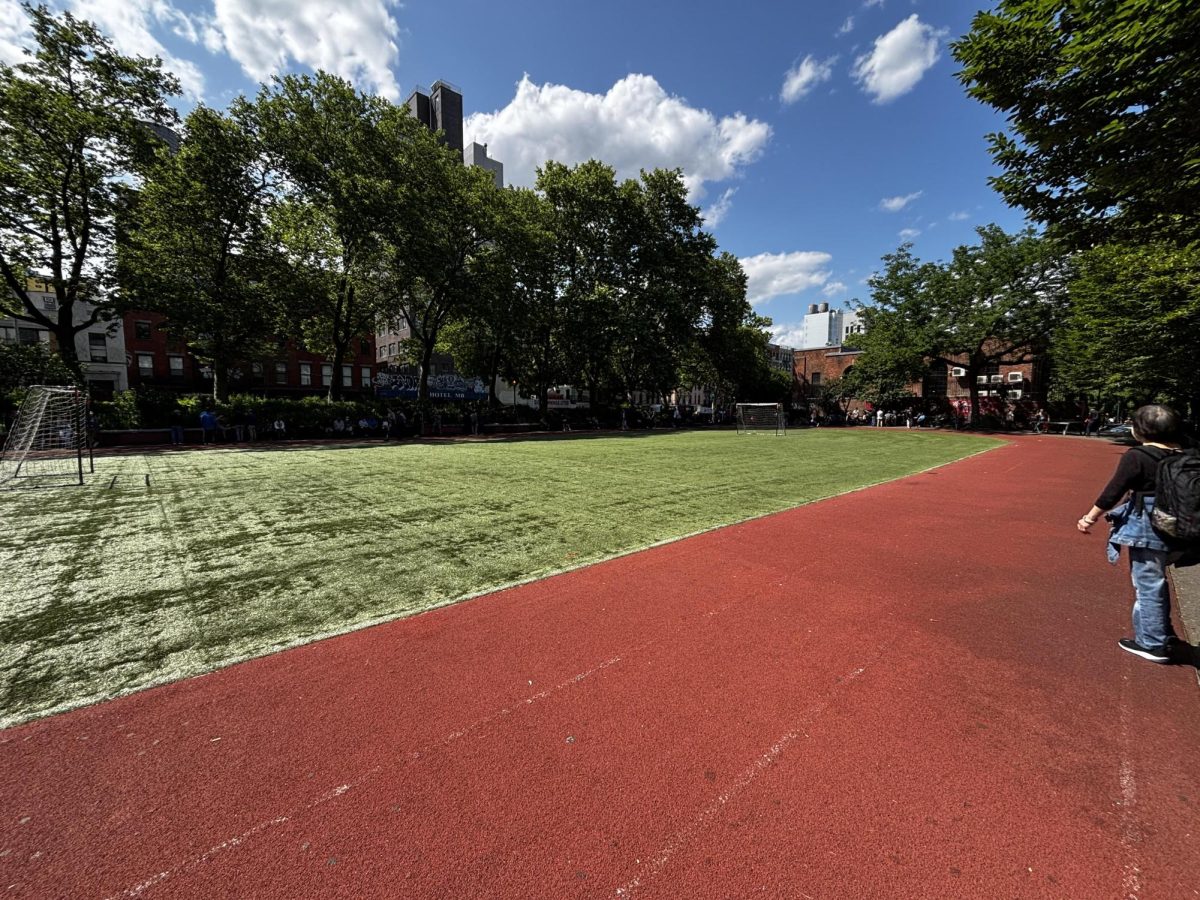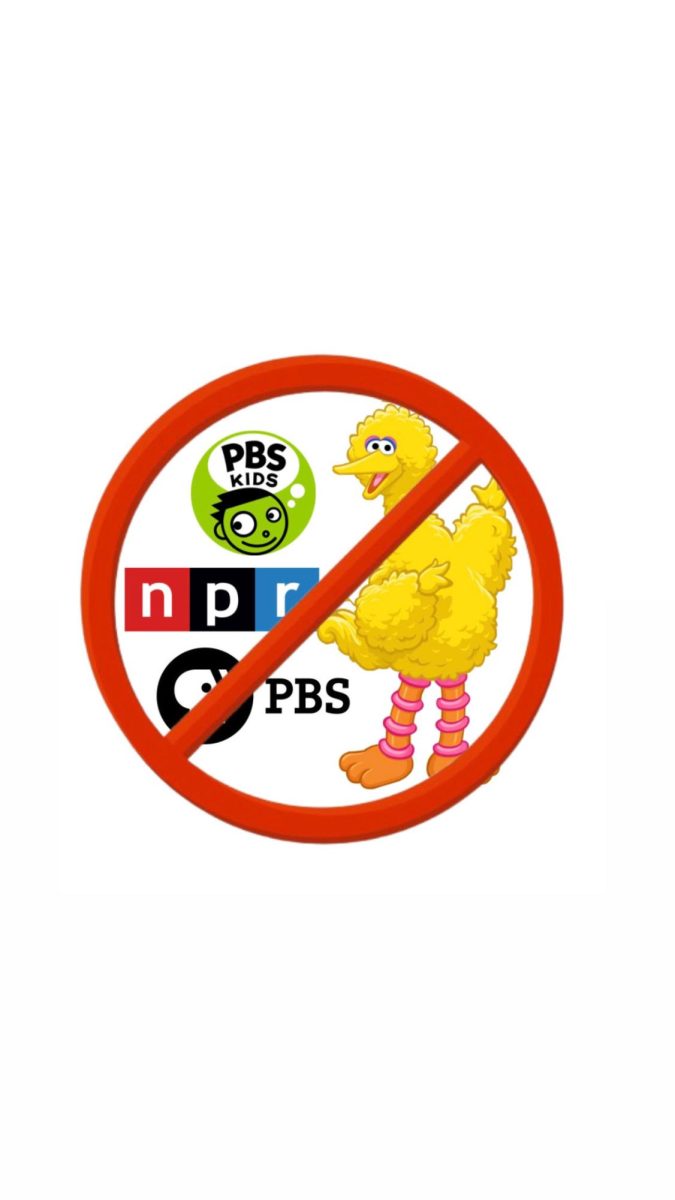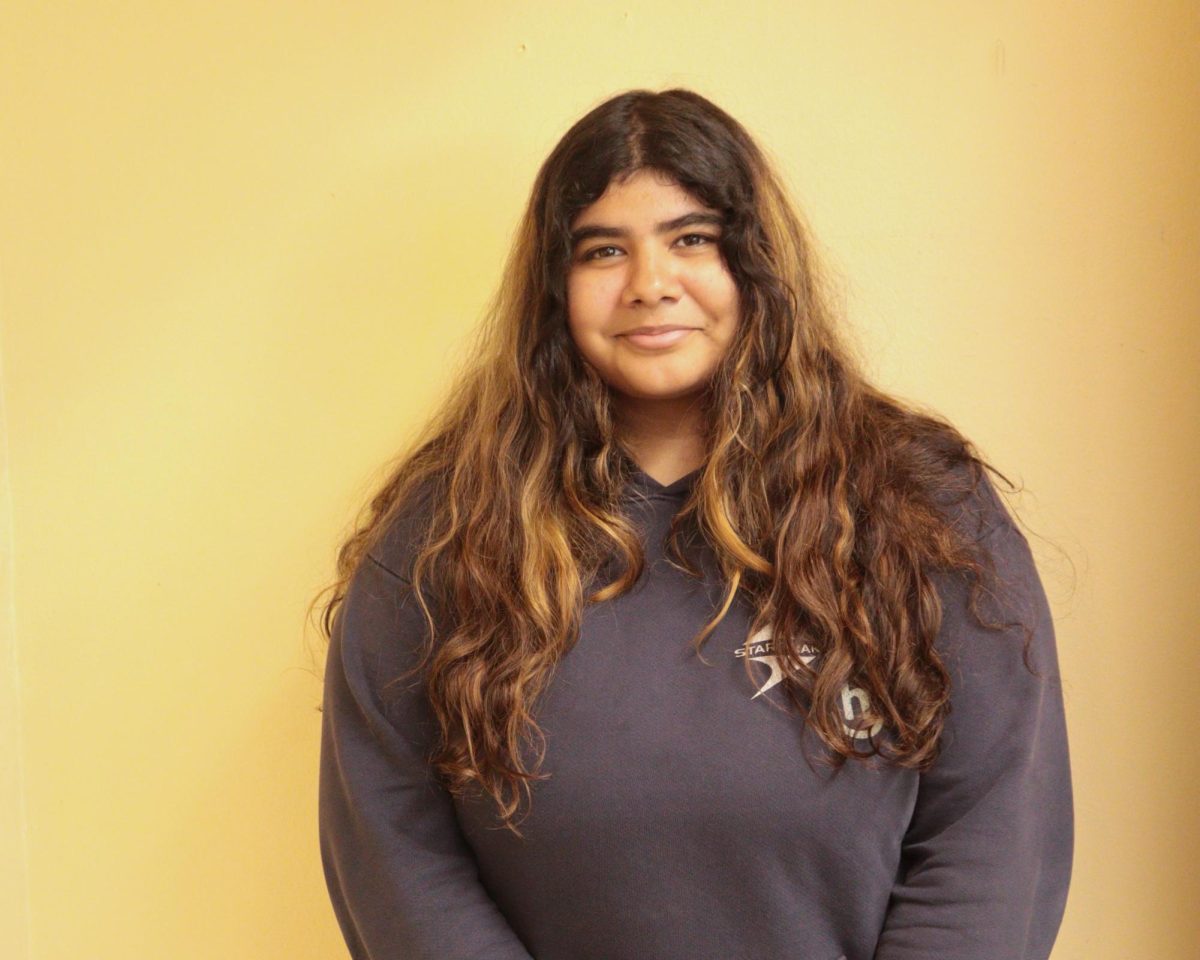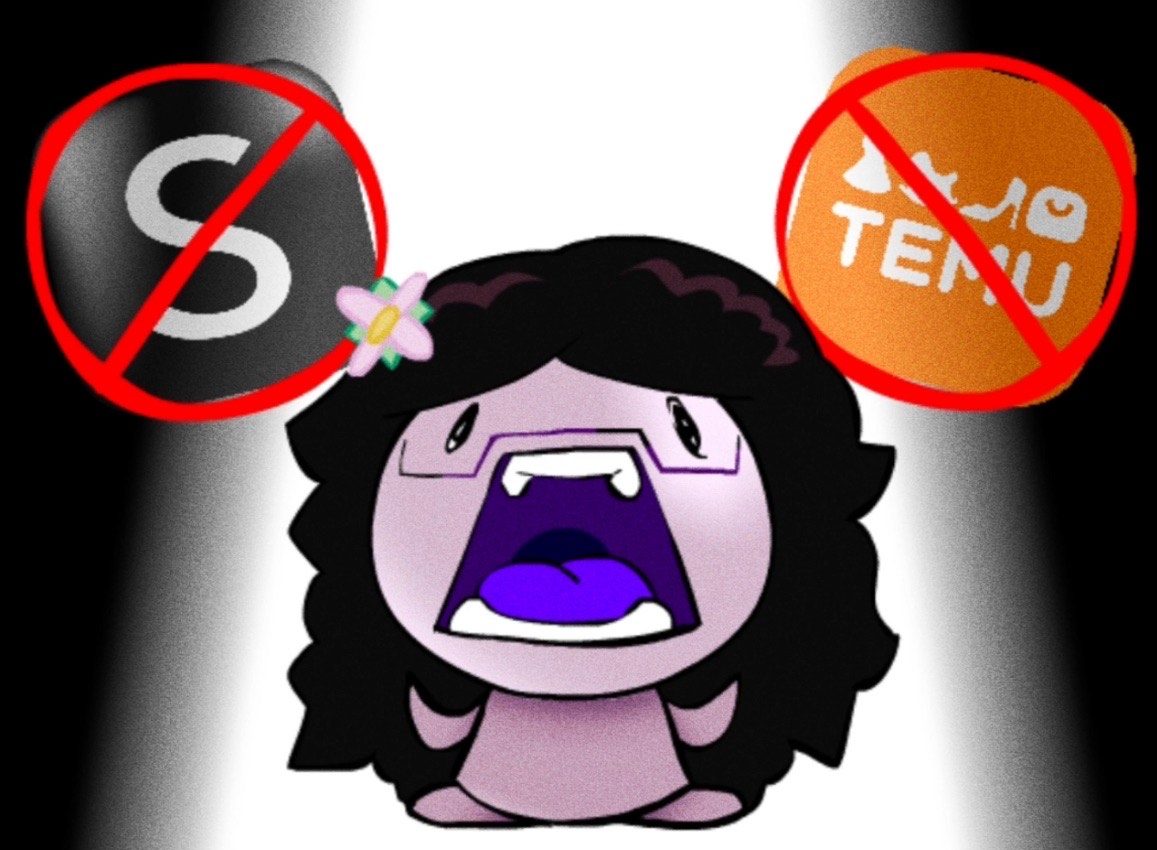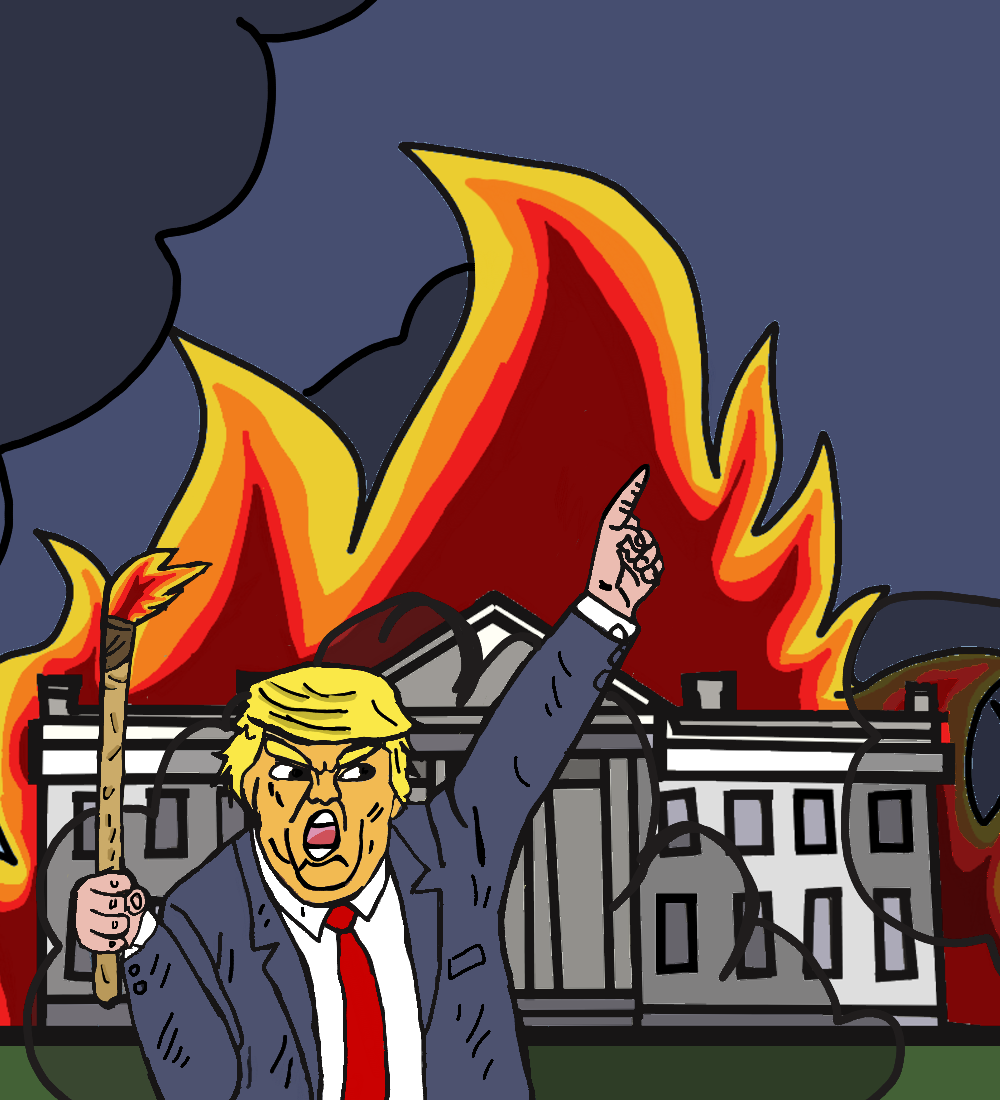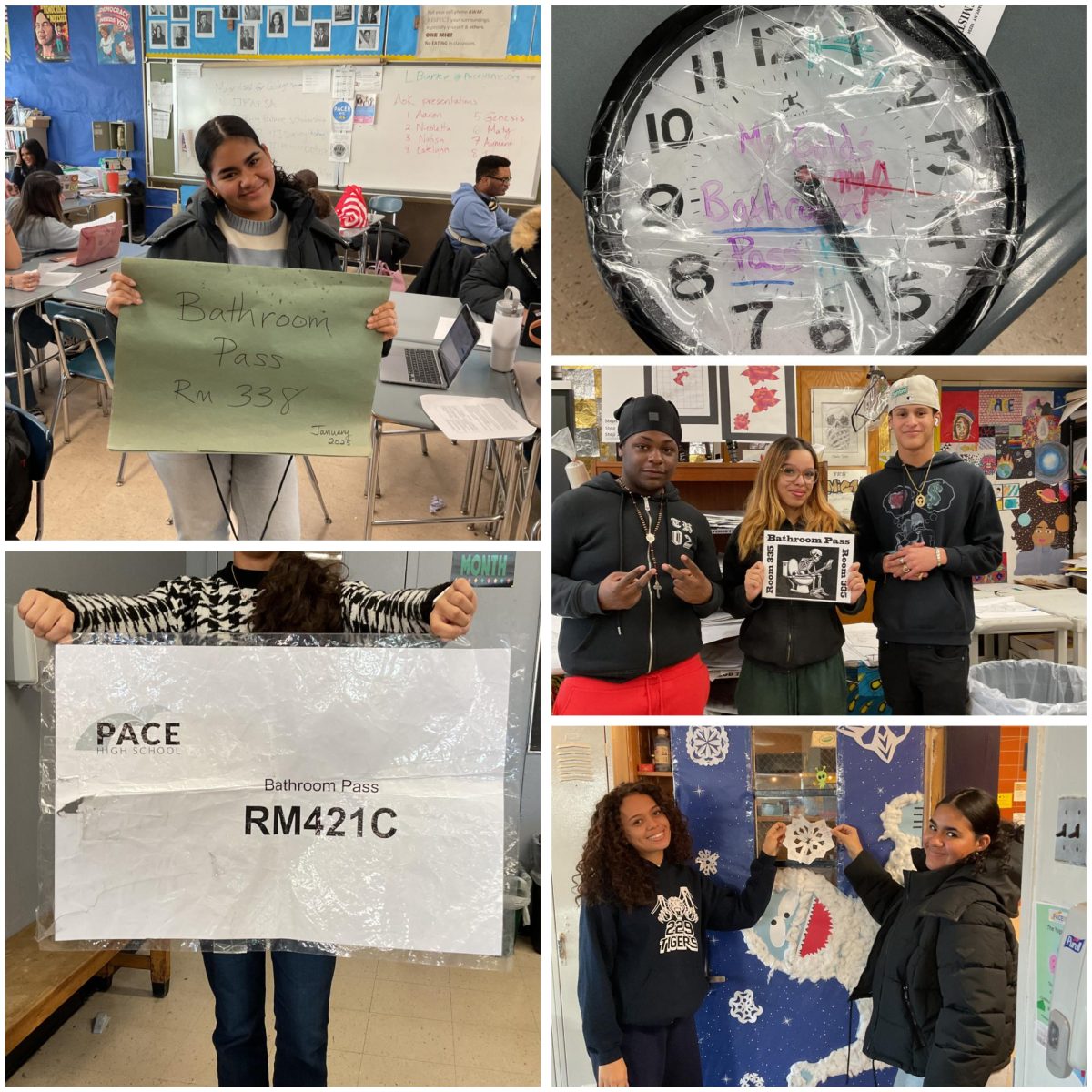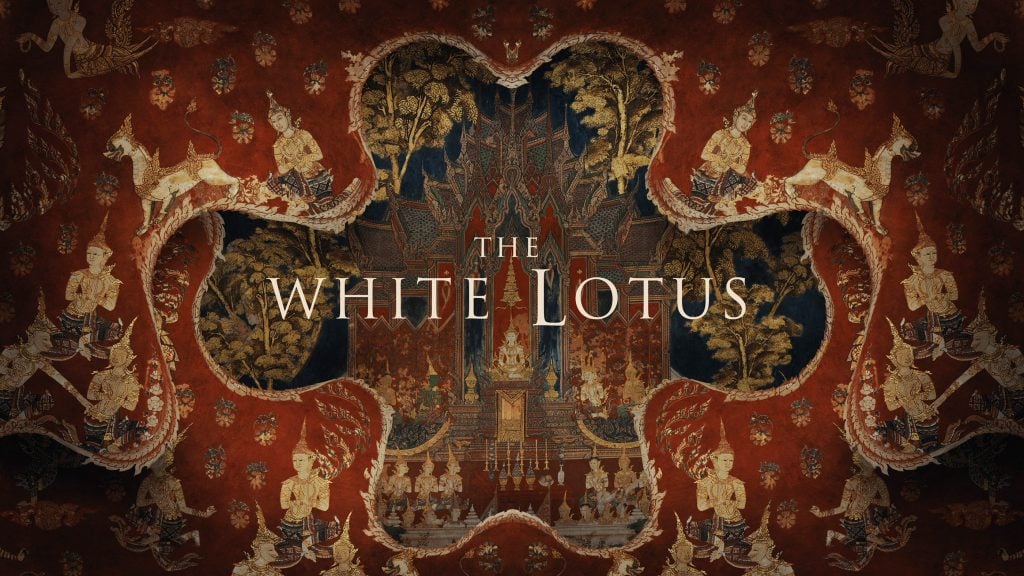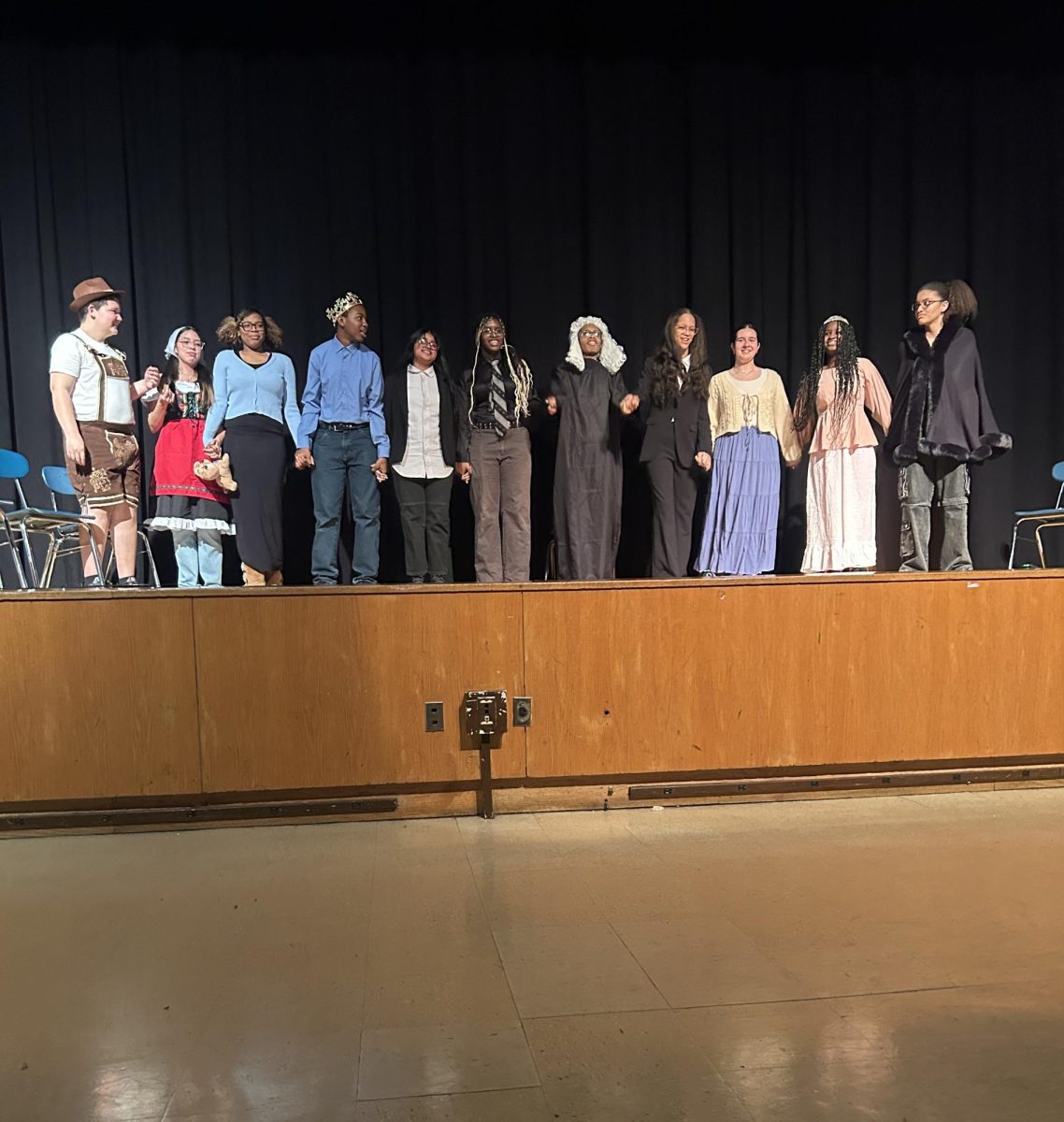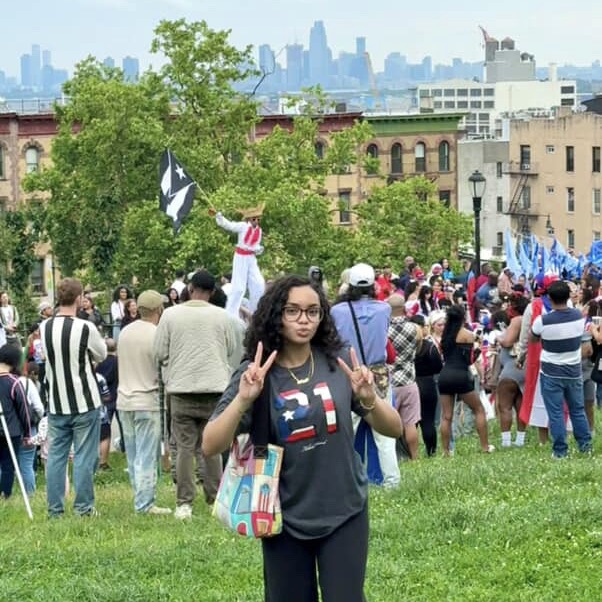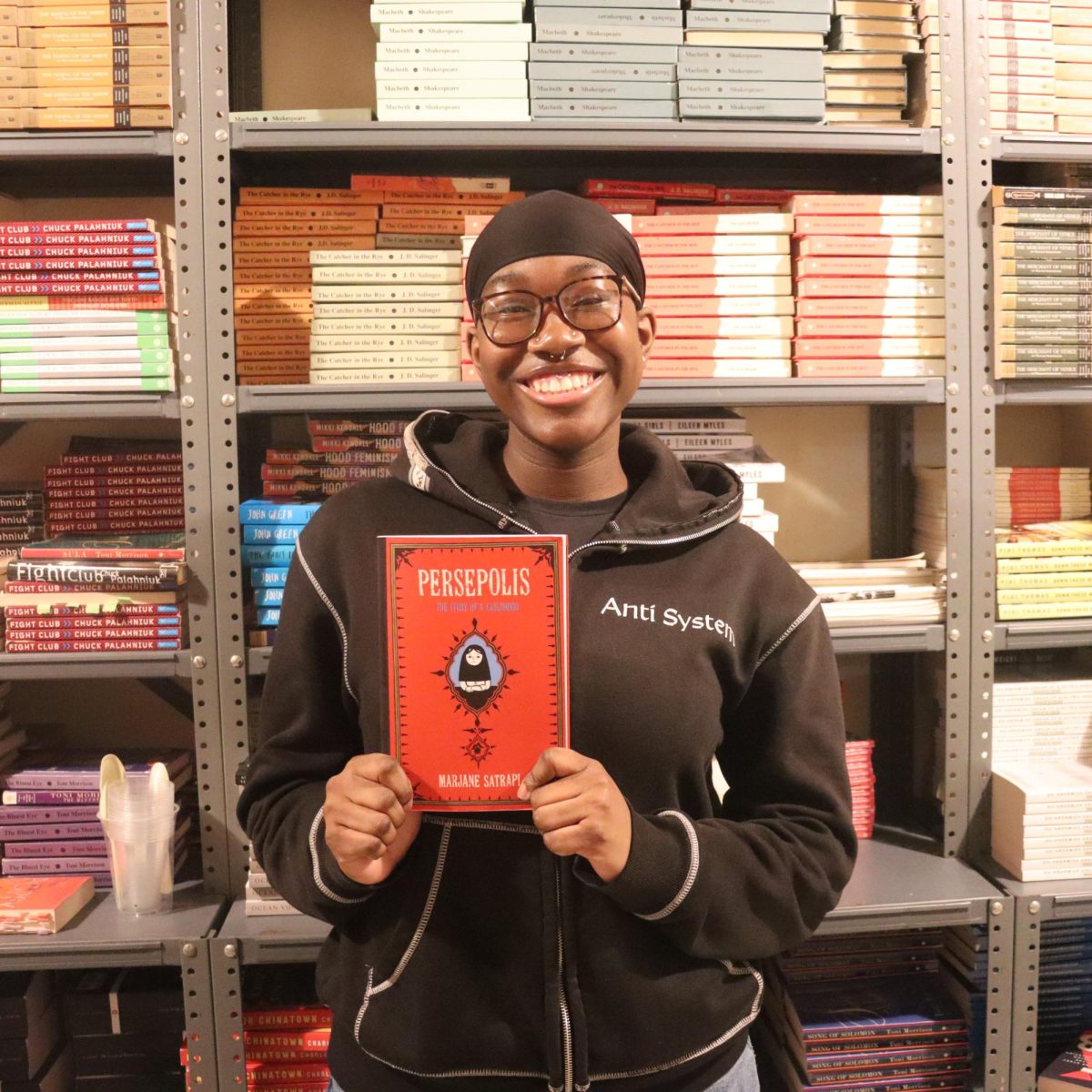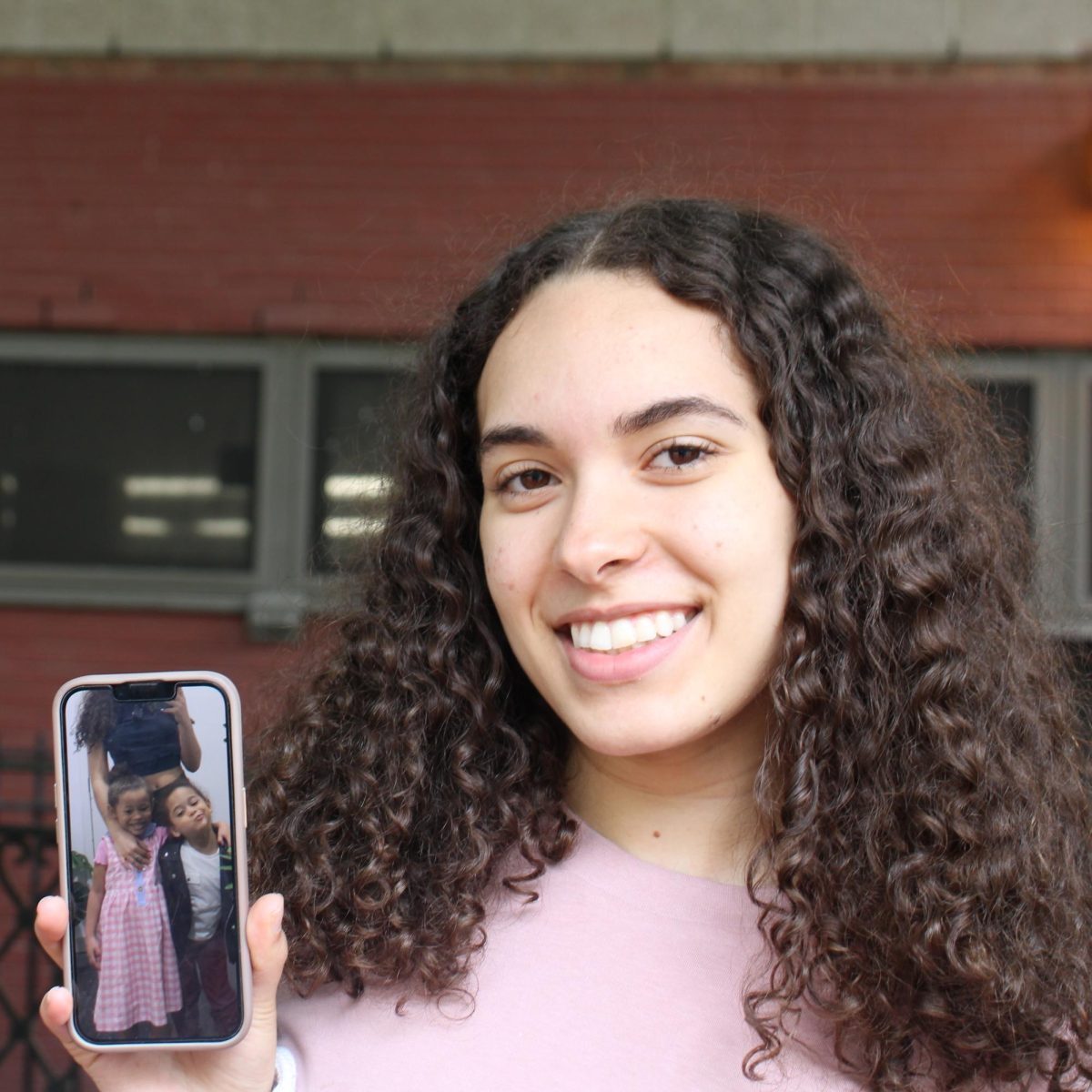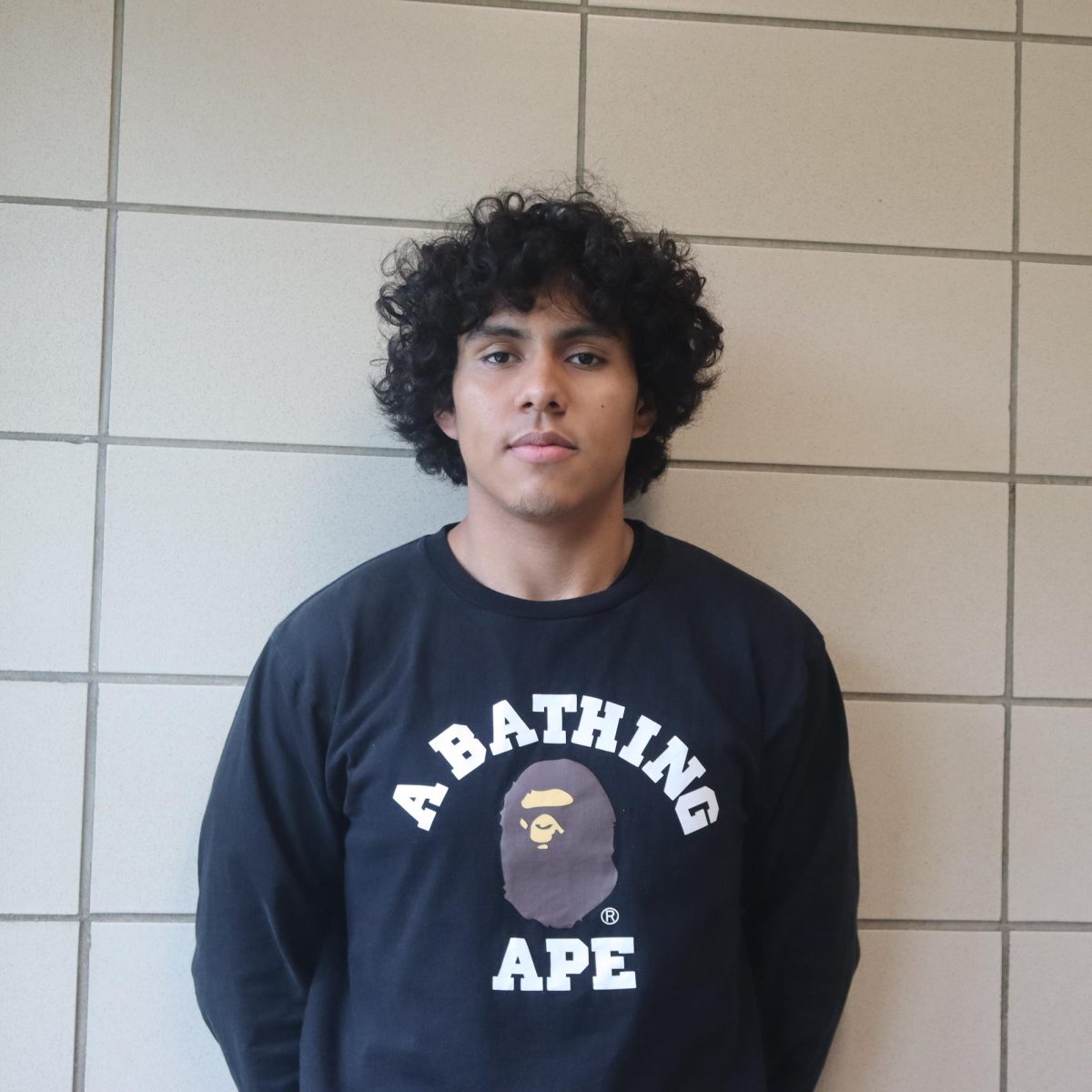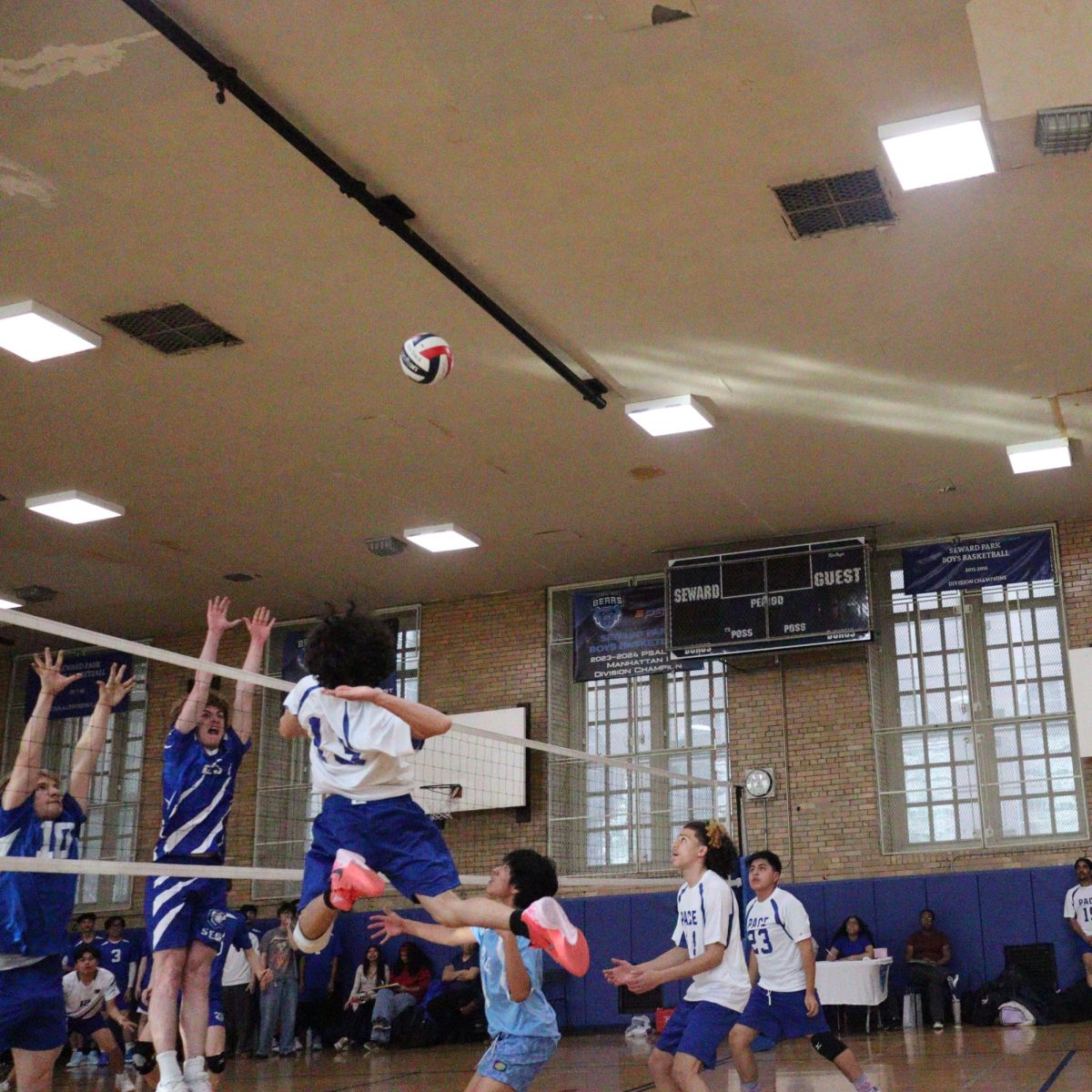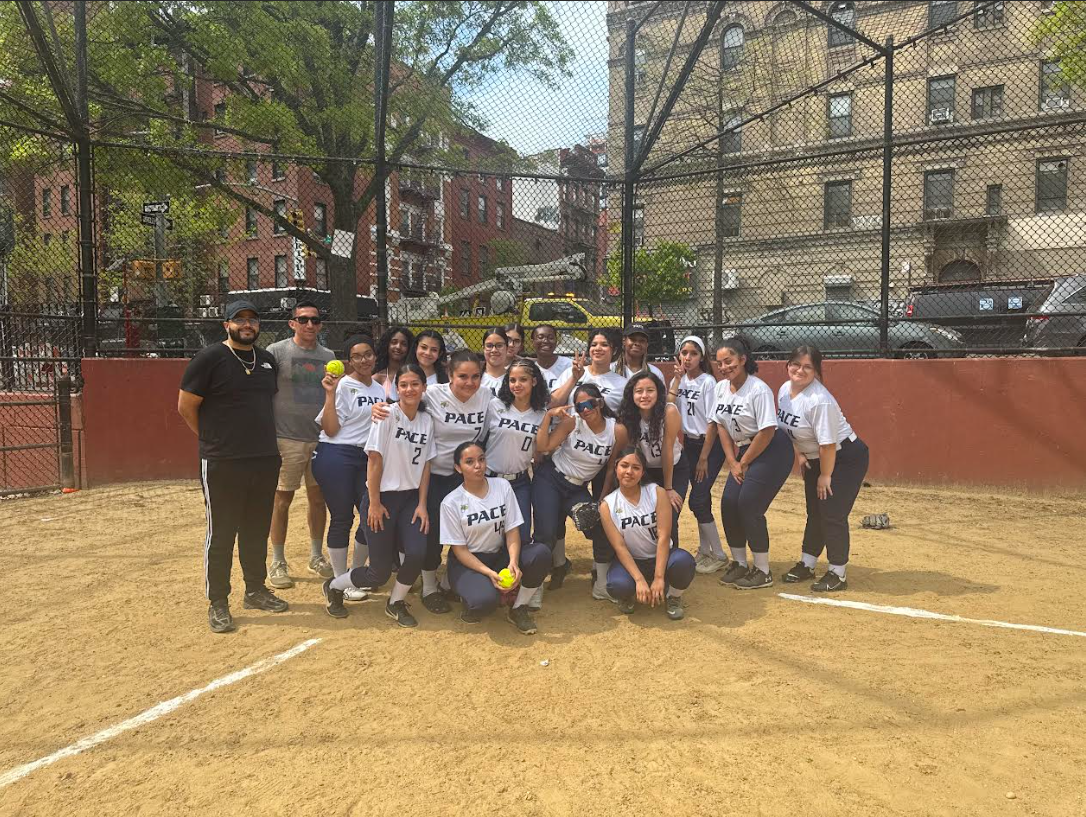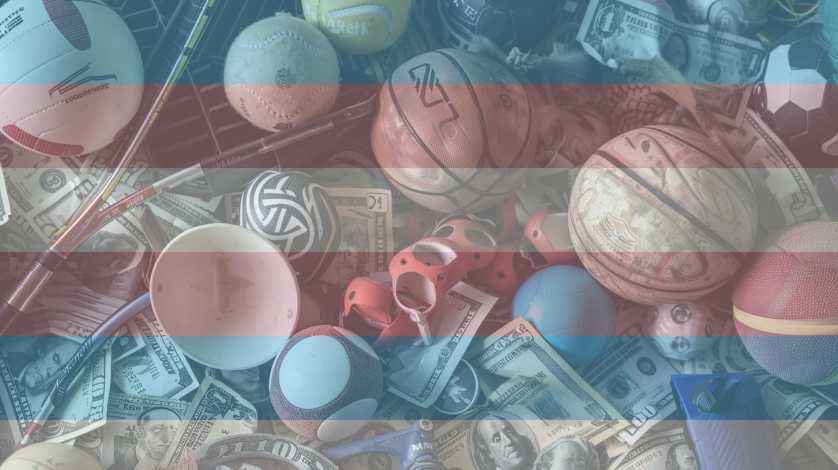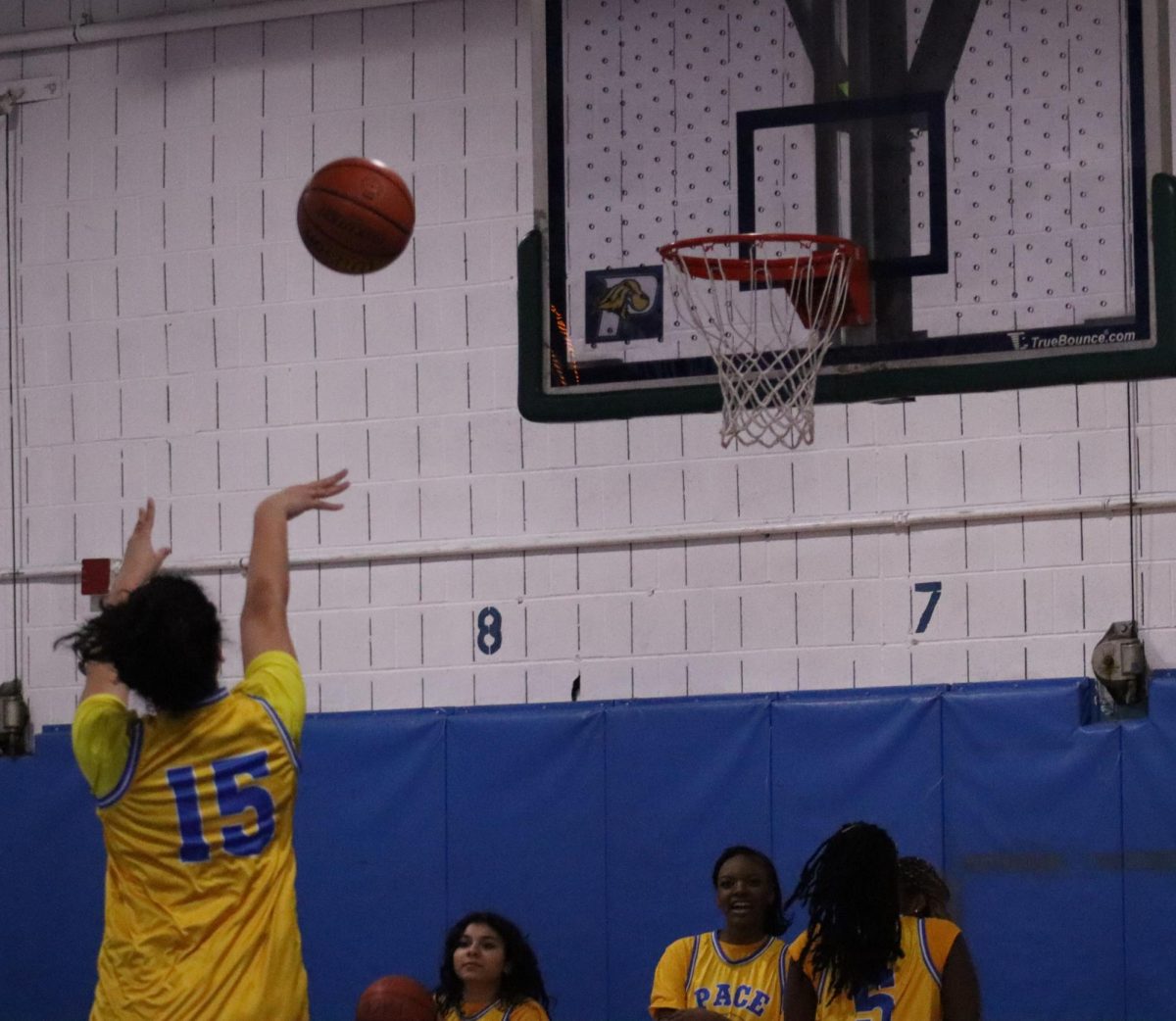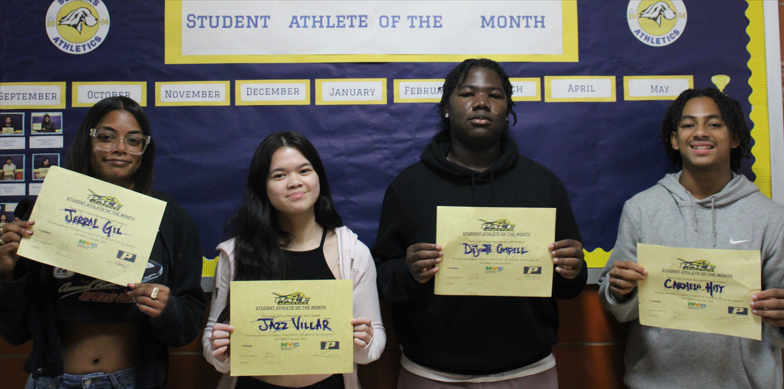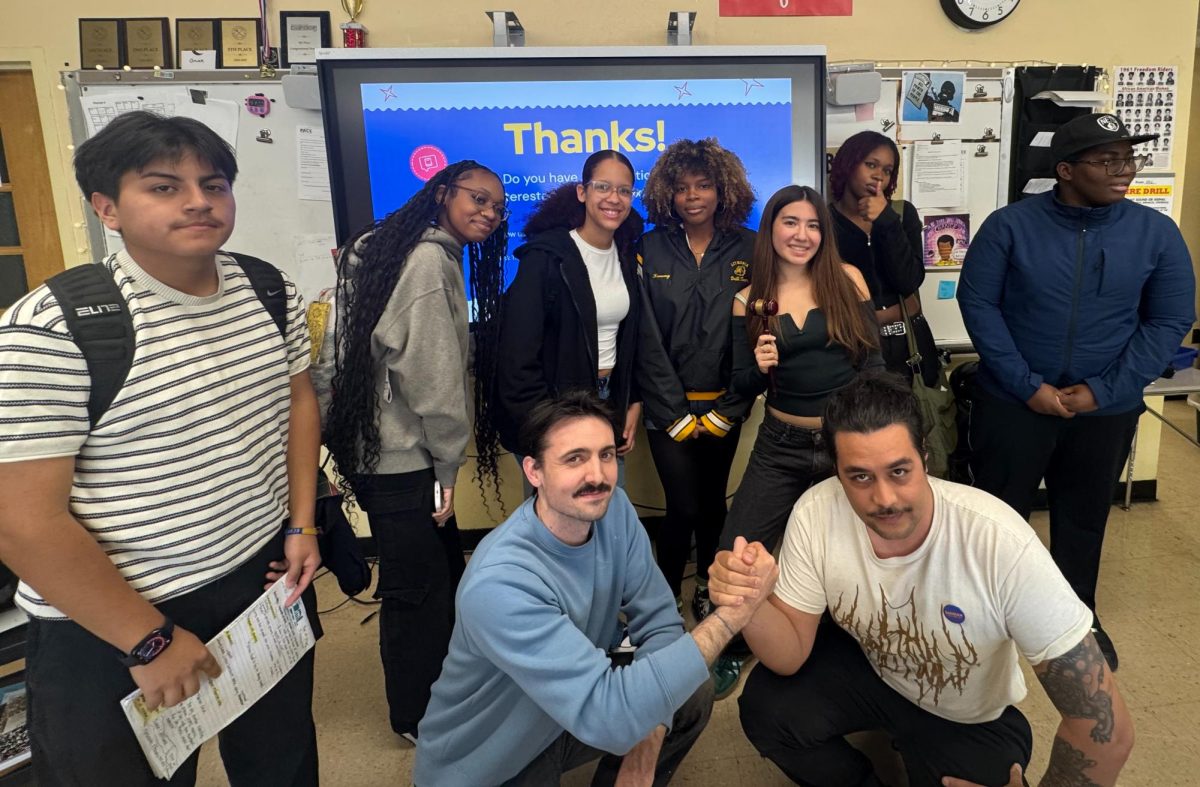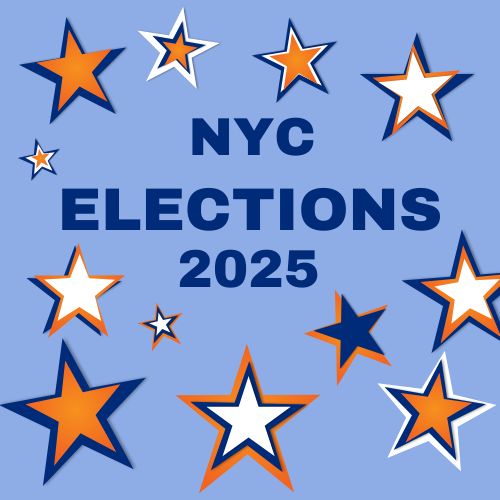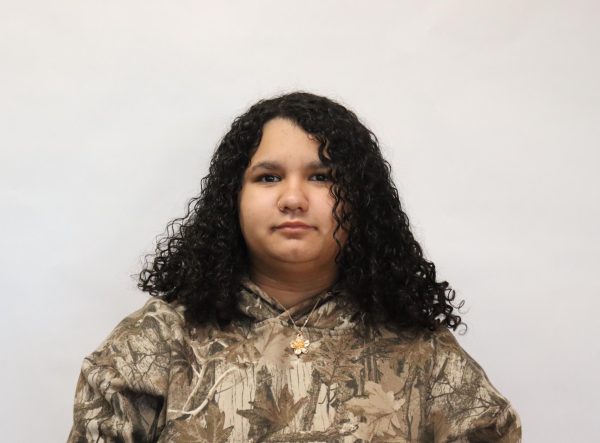May 1, President Trump signed an executive order to cut federal funding for National Public Radio and Public Broadcasting Service. The administration accuses these organizations of promoting bias and “woke propaganda.”
This action sparked controversy because it raised concerns about access to trusted news and educational content. Officials from NPR and PBS said that the cut would hurt millions, especially those in low-income areas.
Sophomore Joy Branch said, “I grew up watching educational shows like ‘Odd Squad’ and ‘Super Y.’ Not only did they teach me the value of education, they taught me morals on how to be a good person.”
The Trump administration justified their action by claiming that NPR and PBS promote bias and “left-wing propaganda,” arguing that taxpayer dollars should not support them. The White House called it “Ending Taxpayer Support for Biased Media.”
The administration believes that NPR and PBS are no longer neutral and are using public funds to promote opinions with which not everyone agrees. They say Americans shouldn’t have to pay for content they believe is politically one-sided.
Many areas rely on these services, which are important resources for communities without access to other forms of media like cable news or streaming services.
NPR and PBS provide households with free non-commercial news and educational programming. This action raises many questions about free speech and media bias.
On May 27, NPR and three public radio stations sued President Trump, saying the order violates the First Amendment, which protects free speech and a free press. They argue the government is punishing them for reporting news they don’t like, which goes against the First Amendment, protecting free speech and free press.
Many students say they grew up watching PBS shows that taught them morals, kindness, and life lessons. Without PBS, some worry today’s kids might turn to unsafe content online, like certain YouTube videos, instead of trusted educational shows.
Freshman, Jayden Espinoza said, “Kids now would rather watch shows on YouTube like Minecraft, Roblox, and Fortnite instead of educational content. The content that kids watch today is harmful to children, the majority of it is brain rot.”
PBS and NPR have been around for over 50 years, offering free education and trusted news to all Americans.
Supporters of the public broadcasters say that these cuts don’t just hurt children who lose access to safe, educational shows, they also affect adults who rely on public radio for local news, seniors who may not use the internet, and teachers who use PBS in the classroom or, mall towns and rural communities that don’t have many other options for information or learning could be left with nothing.

